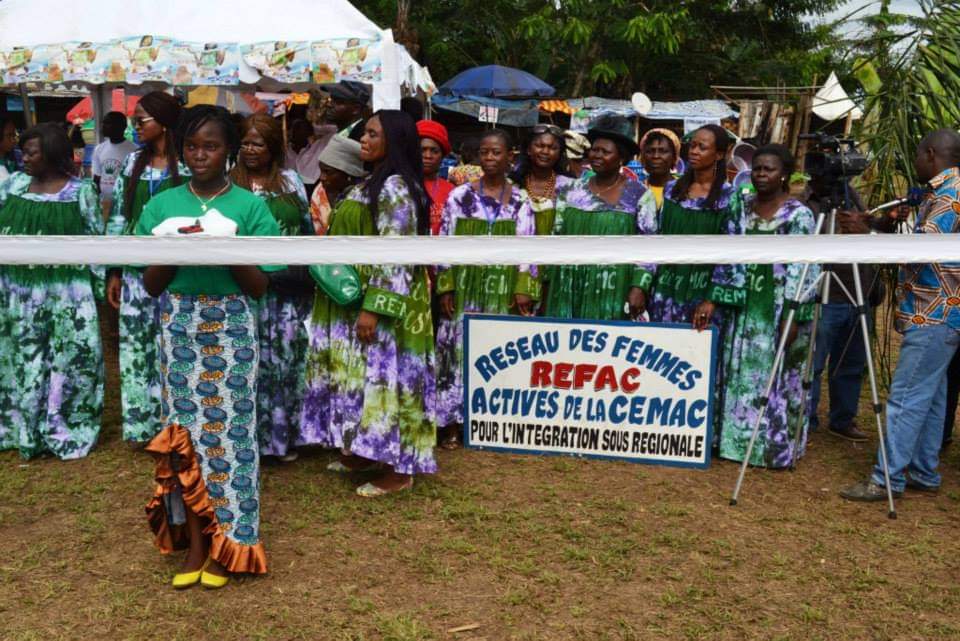Authorities in three Central African countries of Cameroon, Gabon and Equatorial Guinea, officially launched the annual CEMAC Cross-Border Fair (FOTRAC) In August with the aim of stimulating economic activities in a region hard hit by the Covid-19 pandemic.
Spread over ten days, the fair in the CEMAC zone is organized in the Cameroonian city of Kyé-Ossi, which shares borders with the three countries. The activities of the fair take place under the theme “Relaunching intra-regional trade for peace, the socio-economic and cultural development of Africa despite the Covid-19”.
“This is the post-Covid-19 edition of the show. We closed our borders when the pandemic was at its peak and it did affect cross-border trade. We hope that this edition of the fair will significantly revive economic activities now that the borders are open,” Félix Nguelle Nguelle, governor of the southern region of Cameroon hosting the event, told reporters.
For the organizer of the event, Danielle Nlate, also president of the Network of Active Women of the Economic and Monetary Community of Central Africa (REFAC), the fair will strengthen sub-regional integration within the framework of the free movement of people and property in the area.
Note this year the presence of all 11 ECCAS countries, the Economic Community of Central African States: Angola, Burundi, Cameroon, Central African Republic, Congo, DRC, Gabon, Guinea Equatorial, Rwanda, Sao Tome and Principe, and Chad, in addition to Senegal.

